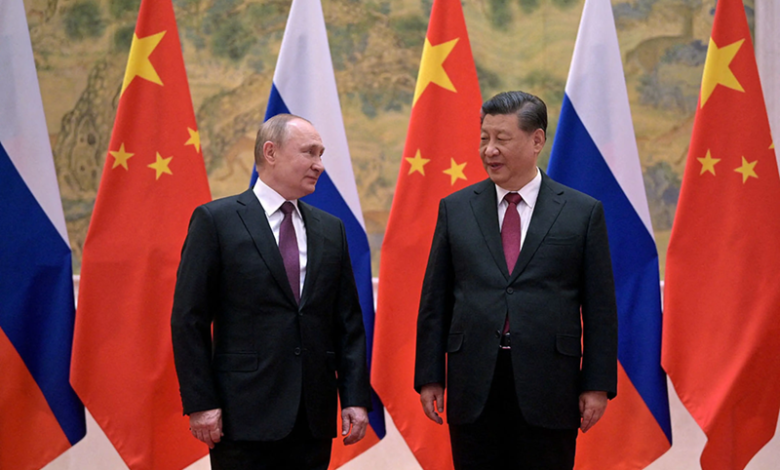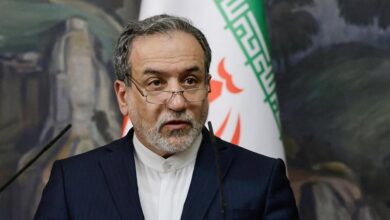US Faces Growing Risk of Multilateral Conflicts with Russia, China, and Iran Amid Rising Global Tensions

News Mania Desk/Agnibeena Ghosh/19th August 2024
The United States may be on the brink of engaging in simultaneous conflicts with Russia, China, and Iran, raising fears of a complex, multi-front war. This alarming scenario comes as global tensions escalate, with the possibility of World War III becoming a more pressing concern. The emergence of new “nuclear war” maps has highlighted the regions in the US that could be most vulnerable if such conflicts escalate.
Alex Karp, CEO of the data-analytics firm Palantir, has warned that the US faces a high likelihood of conflicts on multiple fronts. He has urged the Pentagon to accelerate the development of autonomous weapons as a modern deterrent, arguing that nuclear weapons, once considered the ultimate safeguard, may no longer offer the same level of protection they once did. Karp suggests that while technological parity exists, the moral disparity between the US and its adversaries could be significantly greater, potentially placing the US at a strategic disadvantage.
In an interview with the New York Times, Karp emphasized that the effectiveness of nuclear deterrence is waning. He pointed out that while the West is unlikely to use nuclear weapons, adversaries like Russia, China, and Iran might not share the same restraint. He stressed the importance of setting clear red lines for these nations to prevent rash actions that could lead to broader conflicts.
The ongoing conflict between Russia and Ukraine has strained US-Russia relations, with President Joe Biden strongly supporting the Ukrainian government. The US has invested heavily in defense aid for Ukraine, sending military equipment and funding to bolster its defense against the Russian invasion. This support underscores the US commitment to countering Russian aggression in Eastern Europe.
Simultaneously, tensions in the Indo-Pacific region are escalating as China continues its aggressive stance towards Taiwan. President Xi Jinping has repeatedly asserted Taiwan’s integral role within China, and Beijing’s actions have included confrontations with the Philippines over territorial disputes in the South China Sea. The US, as a key ally of the Philippines, is closely monitoring these developments, which contribute to the regional instability.
In the Middle East, the situation is similarly volatile. The US is on high alert following the assassination of Hamas political leader Ismail Haniyeh in Tehran. Iran has accused Israel of orchestrating the attack and has vowed retaliation. The situation remains tense, with potential repercussions for US interests in the region.
Karp’s call for a stronger and more technologically advanced defense strategy highlights the shifting nature of global conflict. As traditional forms of deterrence become less effective, the US must adapt its approach to maintaining its strategic position and ensuring its security in an increasingly complex international environment.
Overall, the prospect of engaging in conflicts with multiple global powers presents a significant challenge for the United States. As geopolitical tensions continue to rise, the need for effective and innovative strategies becomes more critical. The evolving global landscape requires careful management to avoid escalating into widespread conflicts that could have far-reaching consequences.






